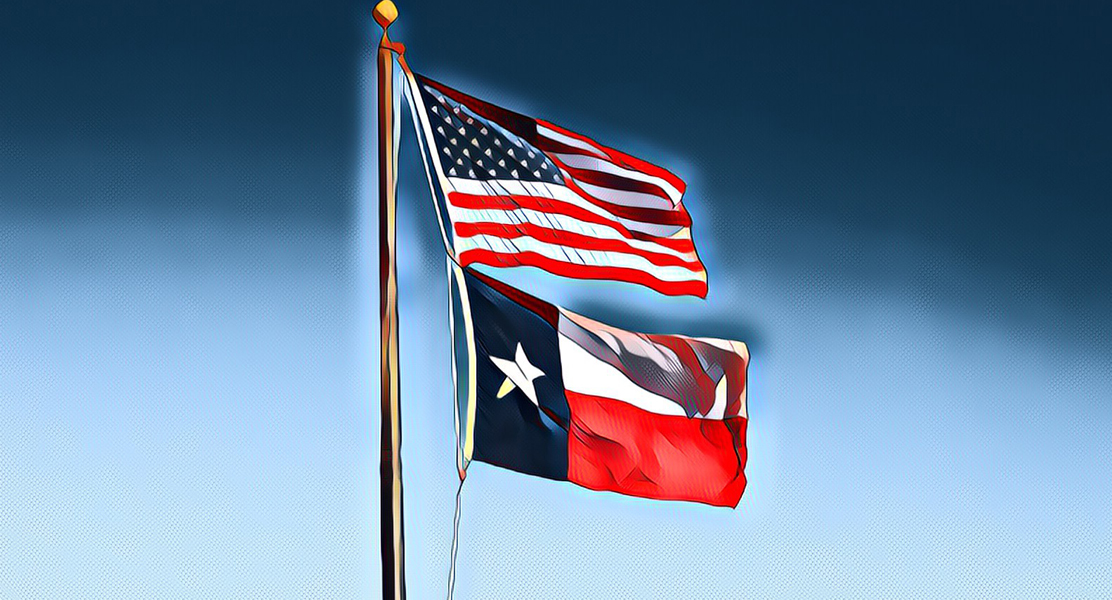Texas’ Absurd State-Organized Prayer in School Law
Belonging shouldn’t require a waiver. No kid should have to choose between faith and fitting in, and no teacher should have to moonlight as a referee for who prayed, how they prayed, and whether the right form was filed.

By Israel Igualate
If Texas didn’t exist, someone would have to invent it. The only state in the union to have been an independent republic, it’s home to some of the greatest culinary wonders on the continent and the proud owner of one of the most absurd laws since Alabama made it illegal to wear a fake mustache in church if it causes a disturbance (the law itself prohibits unlawful disruption of others’ assembly rights — so you can see the myriad of ways the law can be applied).
S.B. 11, a state-organized prayer in school bill that was signed into law earlier this summer, is a law masquerading as a solution in search of a problem. It is the legislative equivalent of a guy walking into a coffee shop looking for a brawl to keep the peace.
Here is what it does: It allows school districts and charter schools to vote on creating a daily time for voluntary prayer and religious text reading on campus. On the face of it, it seems benign enough; Why shouldn’t students have a chance to voluntarily pray while in school? Well, this is where the absurdity begins: they already do.
Under current law, students have the full right to pray, read religious texts, and express their beliefs as long as it’s voluntary and does not disrupt instructional time. In fact, the Equal Access Act ensures that students can form religious clubs, gather for prayer, and express their faith on equal footing with any other non-curricular student group.
But wait, it gets better. According to the law, the period of prayer can involve readings from “the Bible or other religious text,” and only students and staff with a signed consent form may participate.
What version of the Bible and what prayers? Catholic, Southern Baptist? Doesn’t say. Who leads said prayers? Students, teachers, administrators? Doesn’t say. What falls in the category of “other religious text” and who leads that? Doesn’t say.
The consent form must include a waiver of the right to sue under state or federal law, including the U.S. Constitution. Prayers cannot be broadcast over intercom systems, the prayer time cannot replace class time, and schools must keep track of signed forms, ensure no one hears or sees a prayer without consent, and allow students to revoke their consent.
Got all that?
It’s the kind of legislative overreach that manages to make something simple — students praying on their own — into a bureaucratic circus. It asks students to sign away their rights or stay away, excluding them from their peers for praying to a different deity, reading the “wrong” text, or choosing to not pray at school.
Belonging shouldn’t require a waiver. No kid should have to choose between faith and fitting in, and no teacher should have to moonlight as a referee for who prayed, how they prayed, and whether the right form was filed.
The result? Two classes of students: the ones who sign up for state-sanctioned prayer time and the ones who don’t. Teachers and administrators, already stretched thin, are left tracking waivers, juggling room assignments, and making sure nobody accidentally overhears a prayer without the proper paperwork. Instead of teaching math, science, or history, they’re stuck adjudicating theology.
This state-organized prayer in school law isn’t protecting religious liberty; it’s turning schools into religious sorting machines and dividing Texas schools into sectarian camps where belief, not belonging, determines who is in and who is out.
And in the end, for what? To solve a problem that doesn’t exist. For, to quote the late Rev. Dr. James Dunn, a former executive director of BJC: “As long as there are math tests, there will be prayer in schools.”
This article originally appeared in the summer/fall 2025 edition of Report from the Capital. You can view it as a PDF or read a digital flip-through edition.




